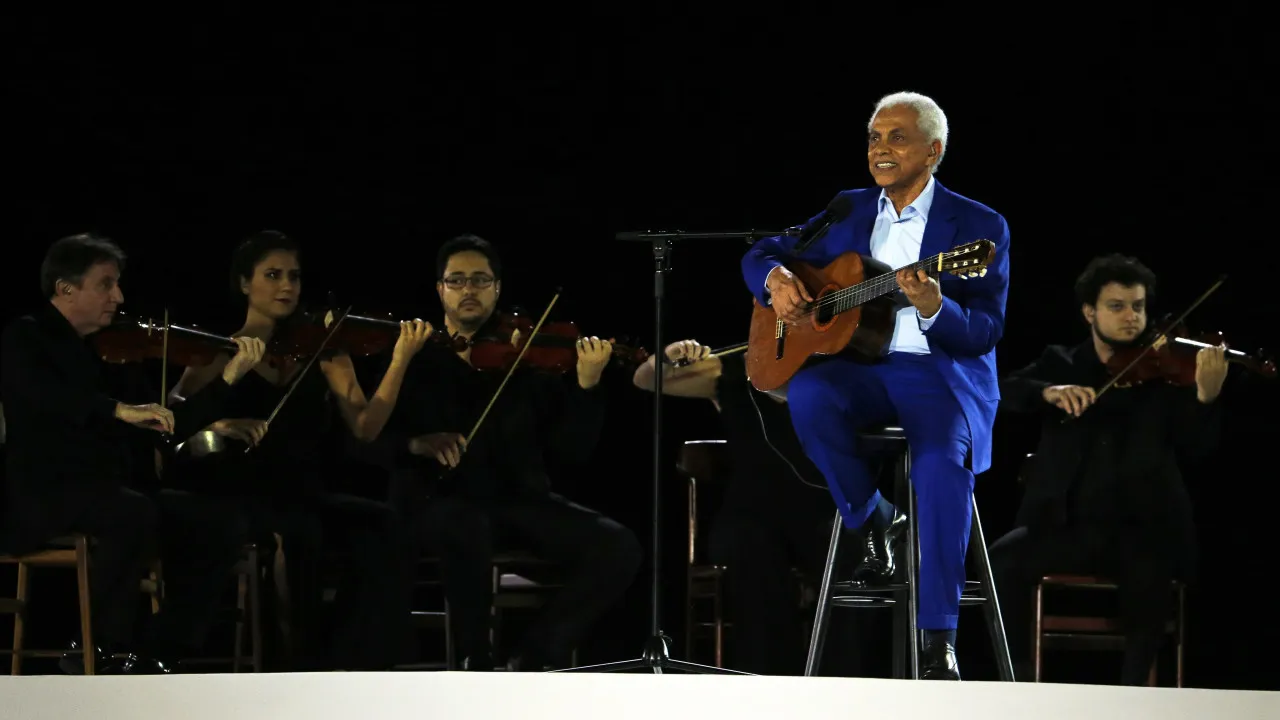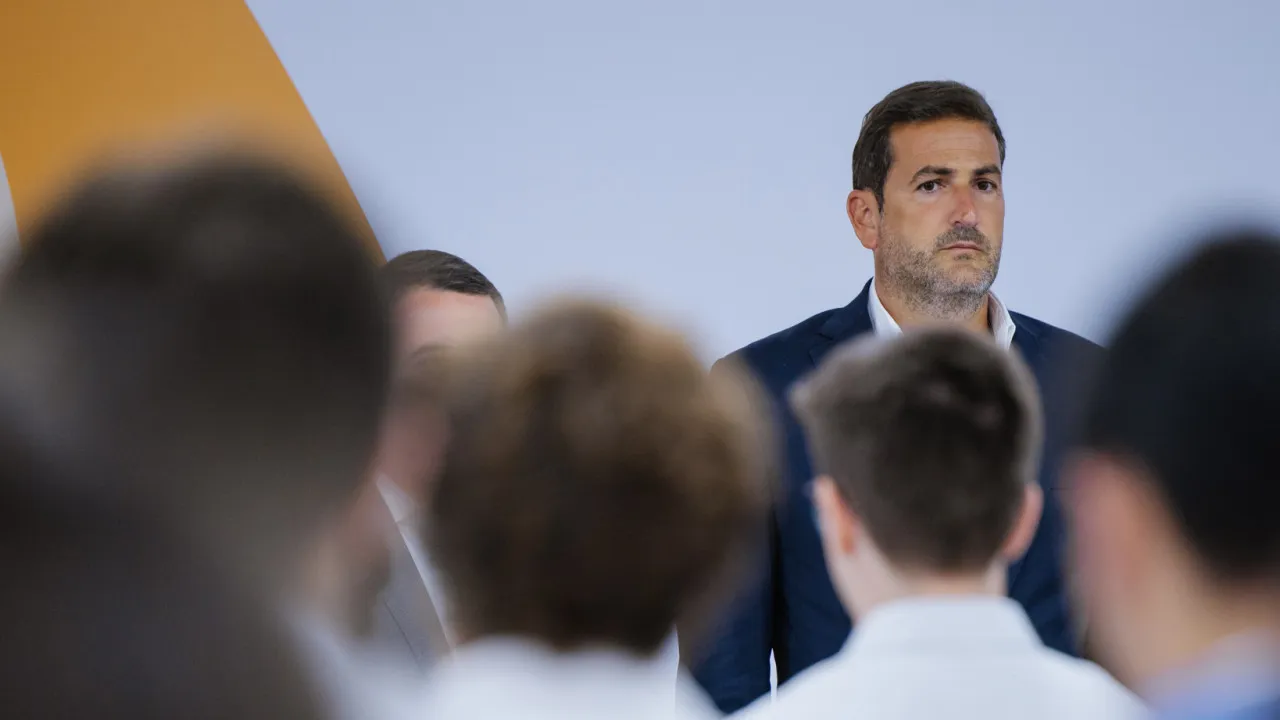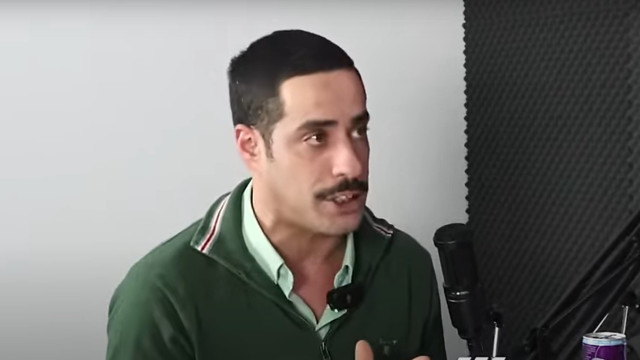
‘When Samba Calls’ is the title of the shows with which the Brazilian musician will take the stage at the Coliseu dos Recreios in Lisbon on October 29, and at Casa da Música in Porto on November 1, promoters announced in a statement.
Among his biggest hits, which he will revisit during his performances, are ‘Foi um rio que passou em minha vida’, ‘Argumento’, ‘Onde a dor não tem razão’, and ‘Pecado Capital’, among others that have marked his musical journey.
Over his nearly 60-year career, Paulinho da Viola has developed a body of work rooted in the tradition of Brazilian popular culture, largely influenced by the musical environment in which he grew up, in the traditional Botafogo neighborhood, in the southern zone of Rio de Janeiro.
Paulinho da Viola was exposed from an early age to musical gatherings promoted by his father, the guitarist Cesar Faria, where he had the opportunity to see musicians like Pixinguinha and Jacob do Bandolim in his own home.
Born in Rio de Janeiro in 1942, he has constructed a body of work rooted in the traditions of samba and choro, but also marked by connections to samba schools and the musical avant-garde of the 1960s.
As recalled by the promoter in a statement, throughout his career, he has been distinguished on several occasions, notably with the Chevalier de L’Ordre des Arts et des Lettres, awarded by the French government in 1985, and the Order of Cultural Merit in 2001 in Brazil.
In 2016, Paulinho da Viola was invited to perform the Brazilian national anthem at the opening of the Rio de Janeiro Olympic Games.
On the international stage, the Brazilian musician and composer has performed in concert halls such as Carnegie Hall in New York and the De Doelen hall in Rotterdam, where he was honored by the local Philharmonic Orchestra.
With scenography by Batman Zavareze, the show ‘When Samba Calls’ celebrates decades of a career and reaffirms the vitality of samba, while Paulinho da Viola seeks to reach the audience that has followed him for a long time as well as new generations of listeners.




